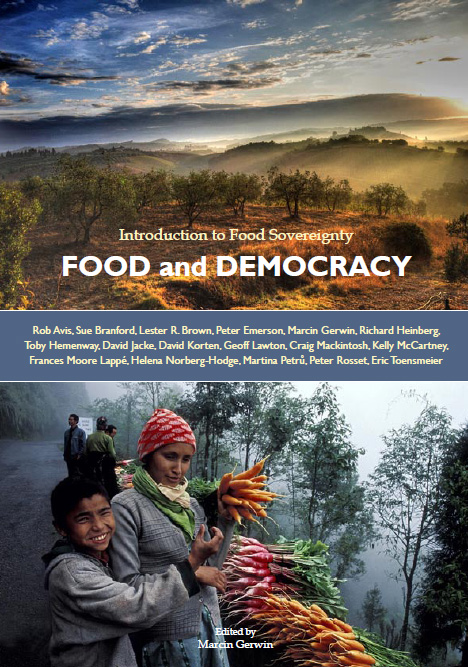Nearly a billion people in the world suffer from hunger, with over 90% of them living in developing countries, mostly in rural areas. However, contrary to popular belief, the present problem of hunger is not caused by insufficient amounts of food produced globally, nor is it most of all an effect of armed conflicts or natural disasters. Hunger is first and foremost a development issue caused by a lack of access to appropriate resources or the means of production, which would enable poverty-stricken people to produce or purchase sufficient amounts of food. The currently dominant global food system, characterized by a lack of democracy and transparency, as well as the unjust distribution of food, land, and production resources, a disadvantageous organization of agricultural markets, and inappropriate agricultural policy at both the international and local levels are the primary reasons for such a scandalous situation to occur.

Experience shows that the problem of hunger cannot be fully solved by unaccountable governments, international institutions, such as the World Bank and the International Monetary Fund, or corporations, which more often than not are actually part of the problem. The challenges related to fighting hunger can be best addressed by involving local communities and adhering to the principles of food sovereignty.
Food sovereignty is the right of communities and countries to self-define their agricultural and food systems in a way that caters best to the needs and expectations of people, and enables them to reach sustainable development goals without having a negative impact on other communities at the same time. It gives priority to local food production and consumption, but does not exclude international trade of agricultural products. Food sovereignty, however, supports developing such trade and agricultural policies and practices that best serve the people’s right to healthy and culturally appropriate food, as well as safe and ecologically sustainable production. The foundation of food sovereignty is based on the necessity of democratic participation in shaping agricultural and food policies by everyone affected, especially people living in rural areas.
The book “Food and Democracy: Introduction to Food Sovereignty”, published by Polish Green Network, is a collection of articles, written by renowned experts, on various aspects of food sovereignty. The articles present the biggest challenges related to feeding the world in the XXI century, explain the need for the participatory democracy in dealing with the problem of hunger, and show how the principles of food sovereignty could be realized along the food chain, starting with access to land, then on a farm, and in a local economy. Achieving food sovereignty means creating a sustainable and socially just world where people’s voices matter. The hope of the publisher is that this book, which is just a small introduction to the topic, will be an interesting source of knowledge and an inspiration to action.
This book has been published with the financial assistance of the European Union and International Visegrad Fund. Its contents are the sole responsibility of Polish Green Network and can under no circumstances be regarded as reflecting the position of the European Union.
